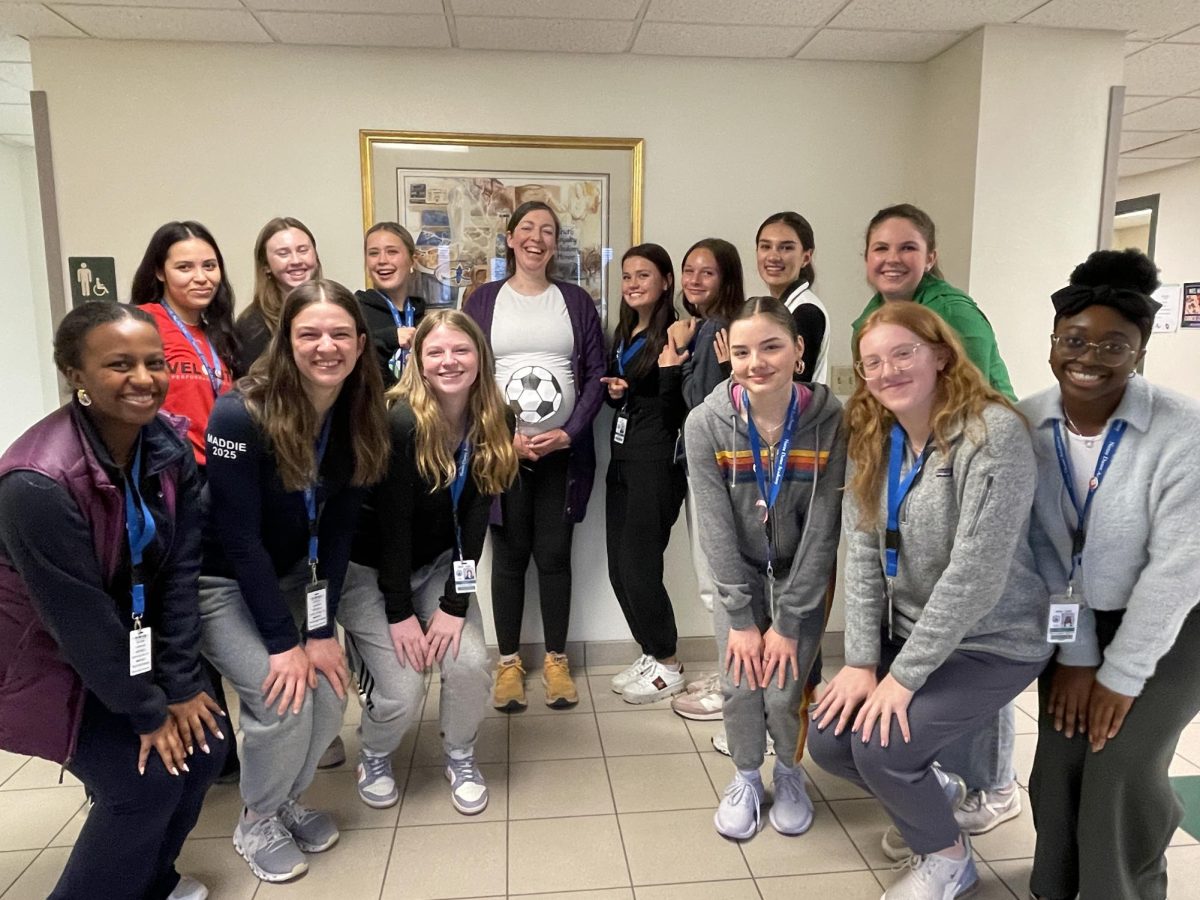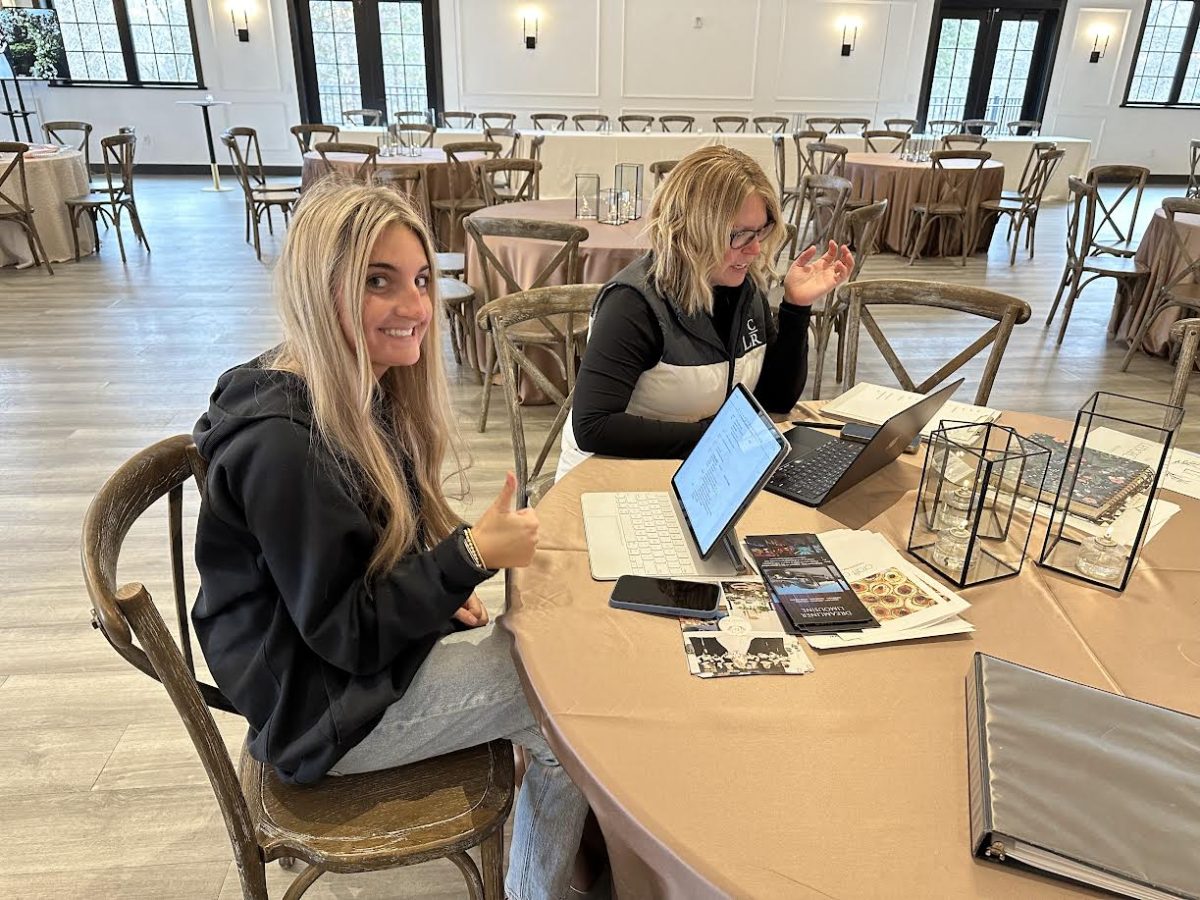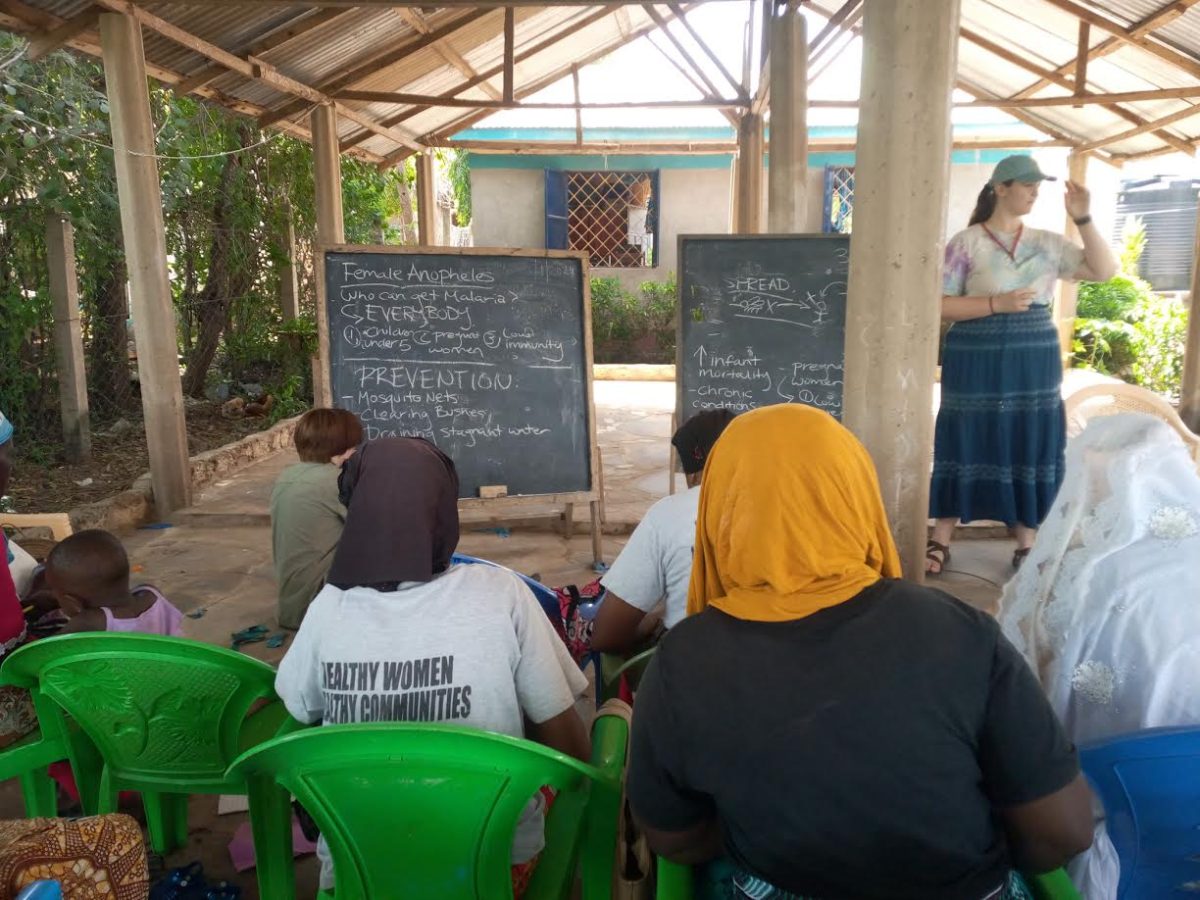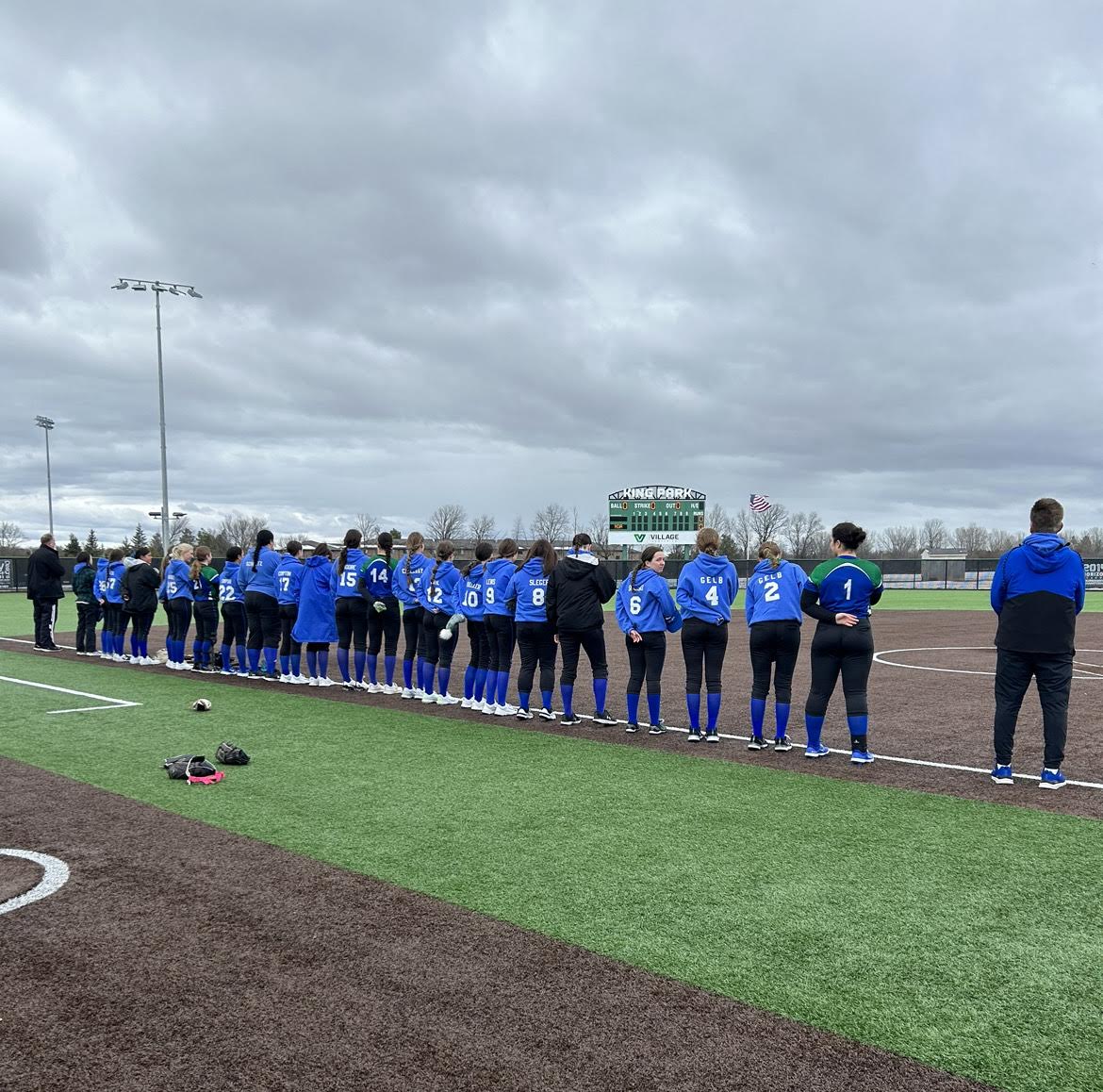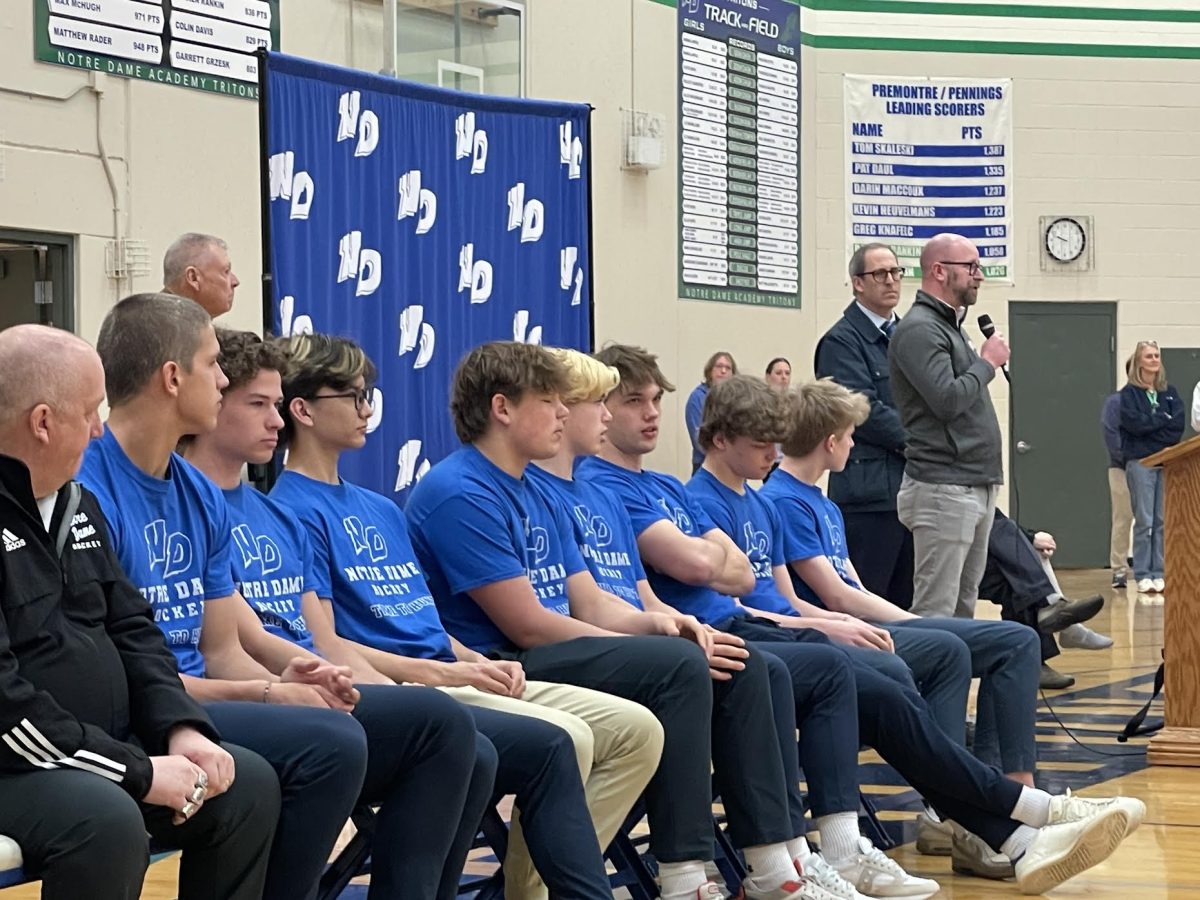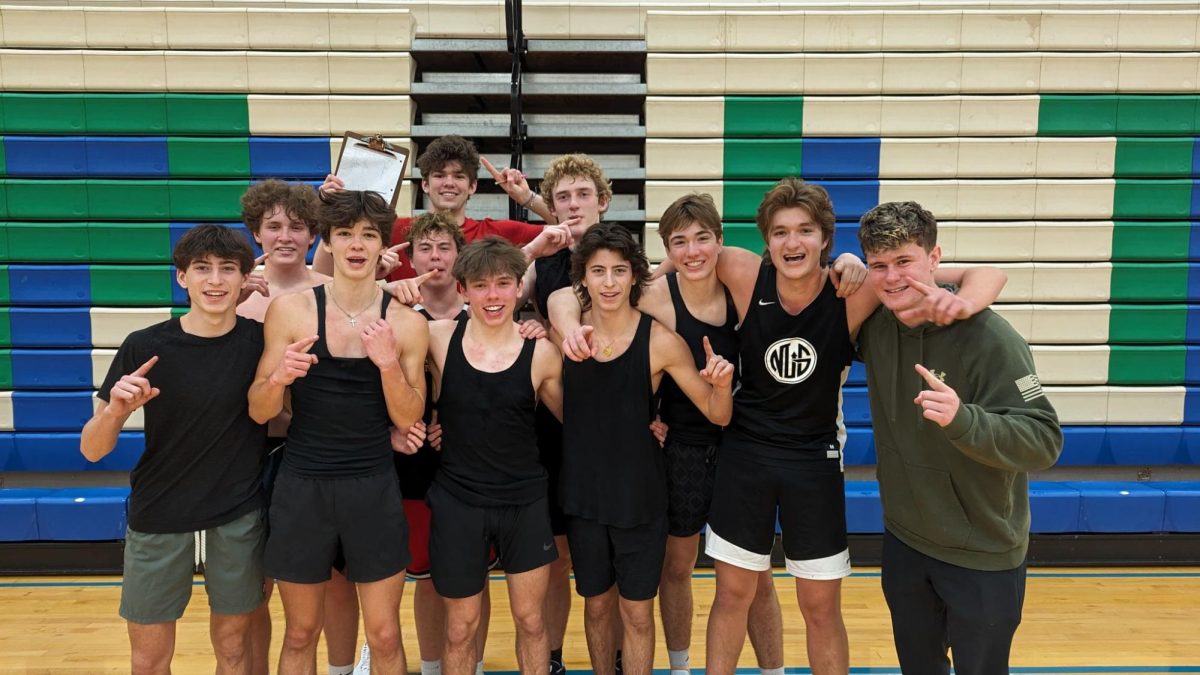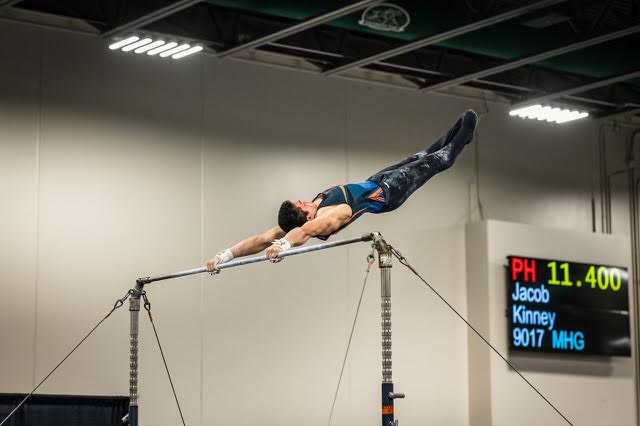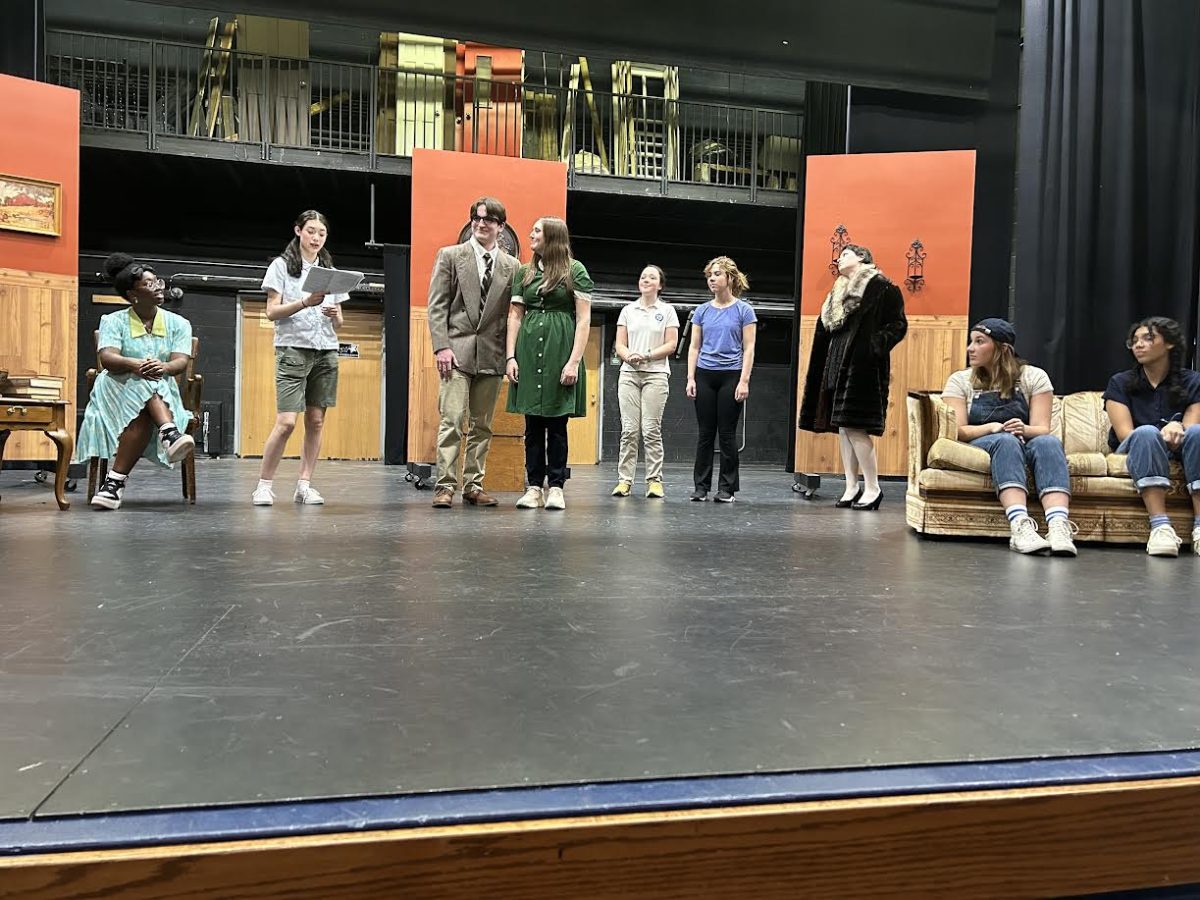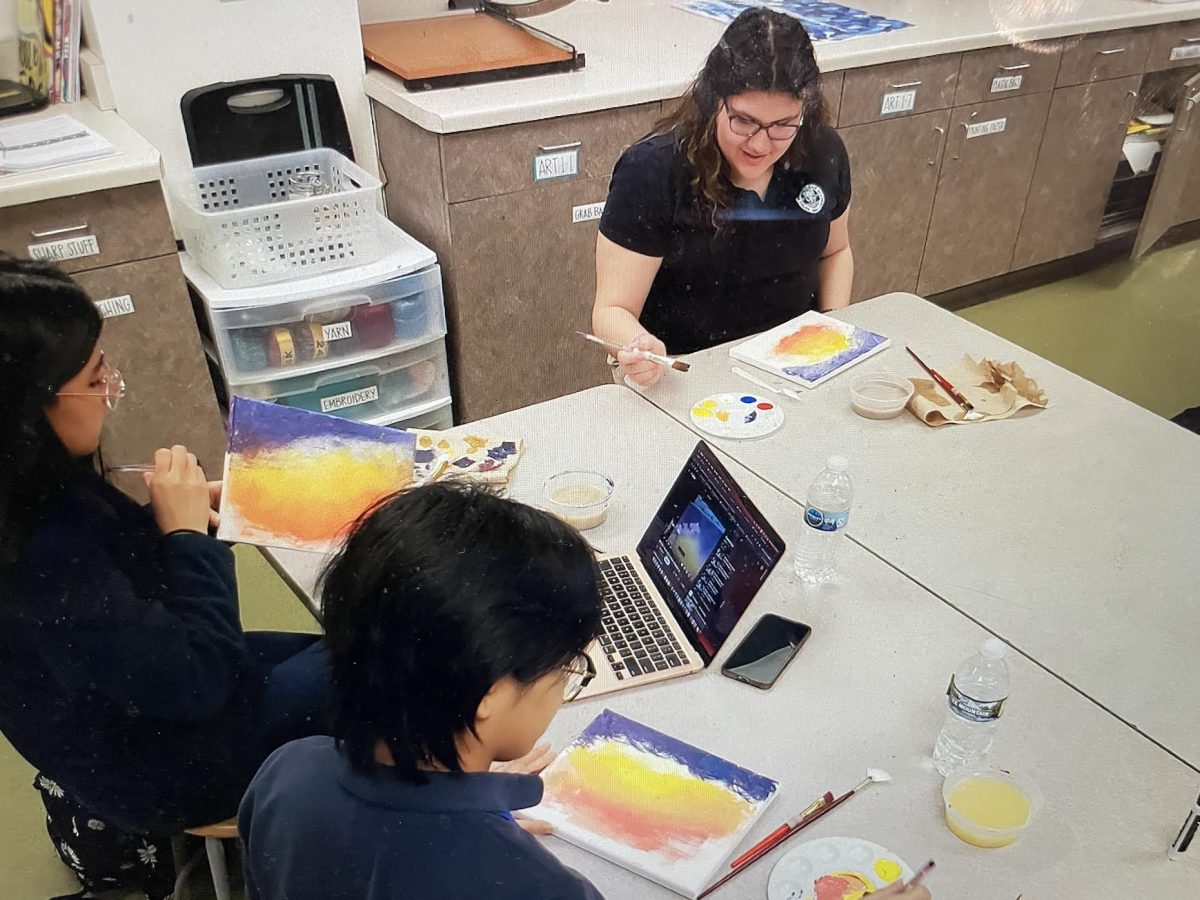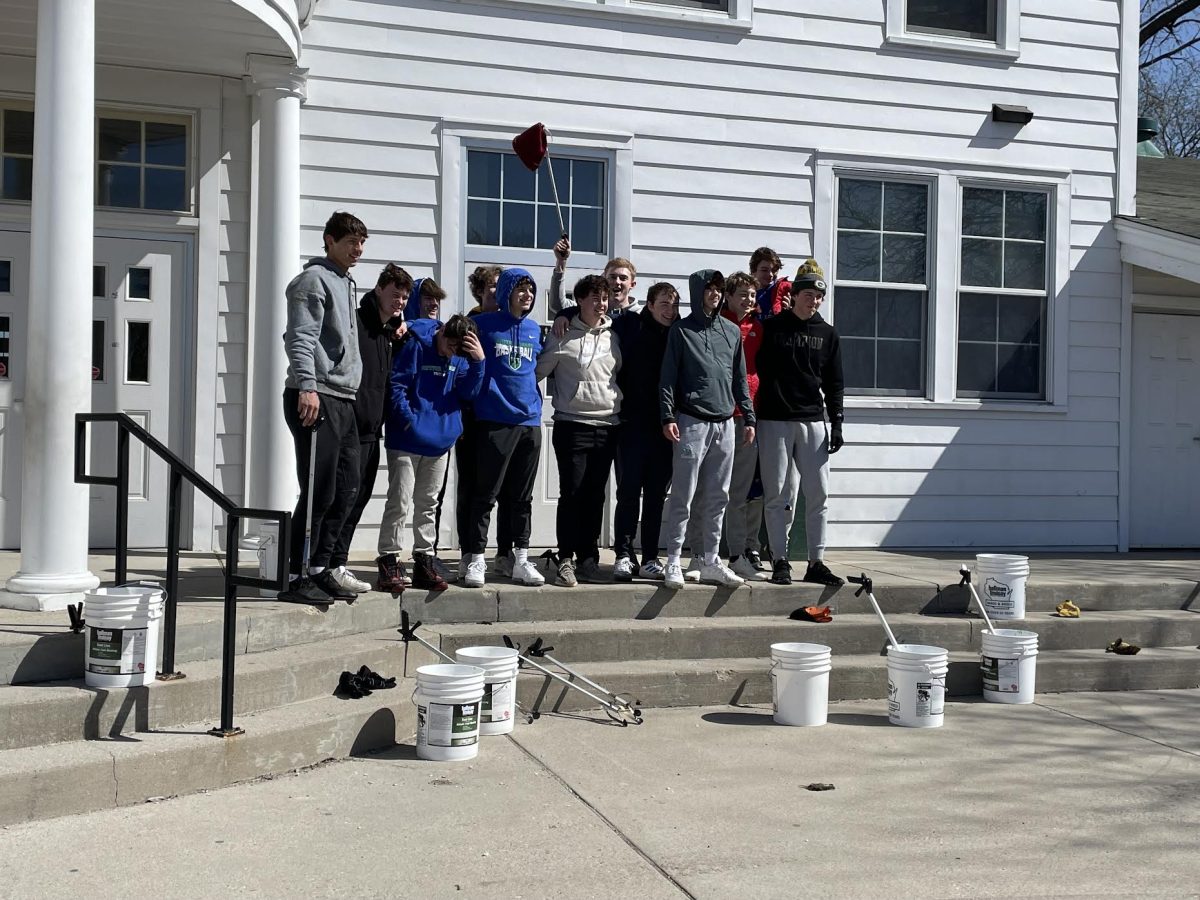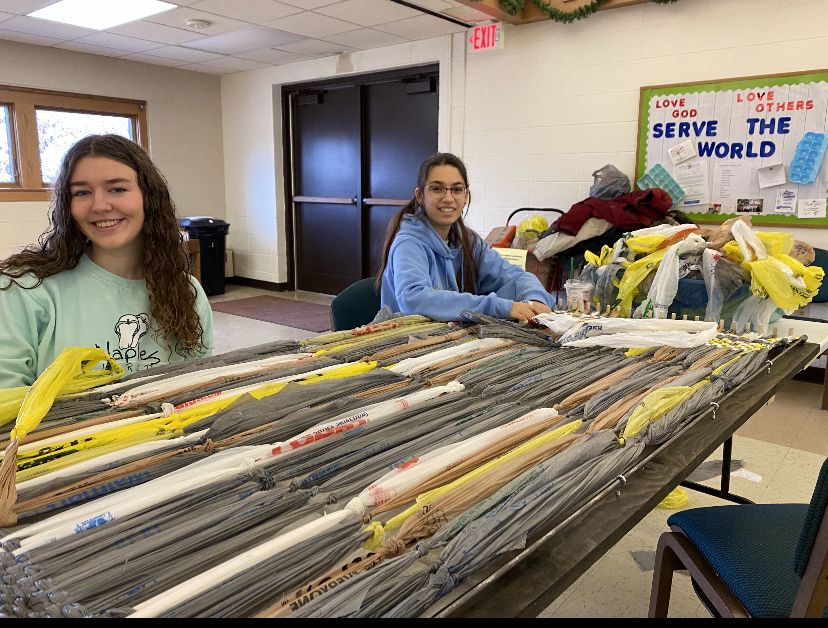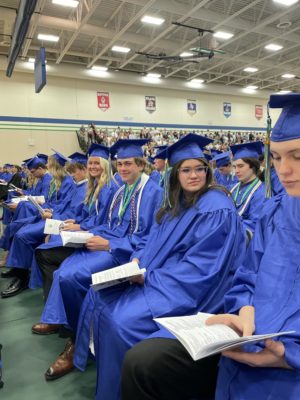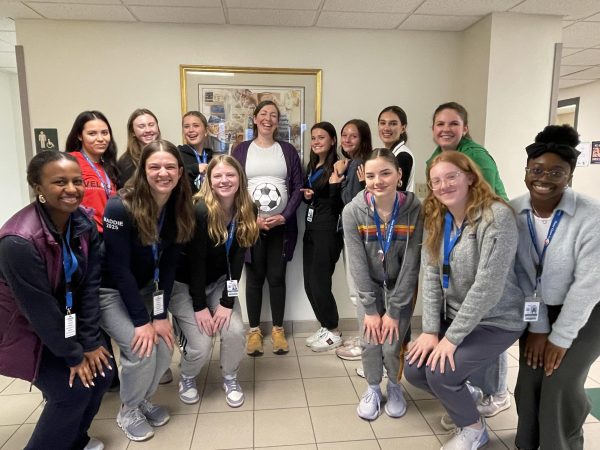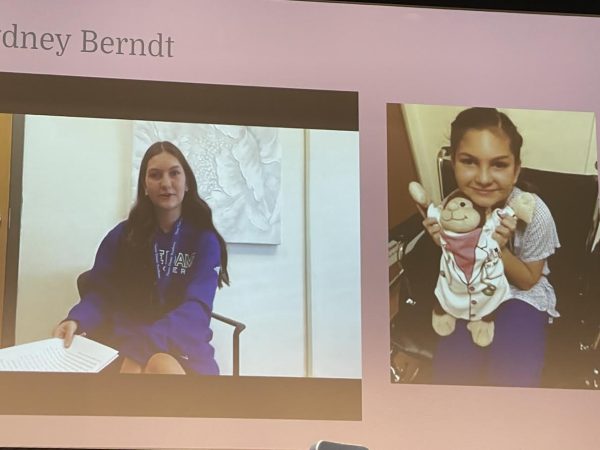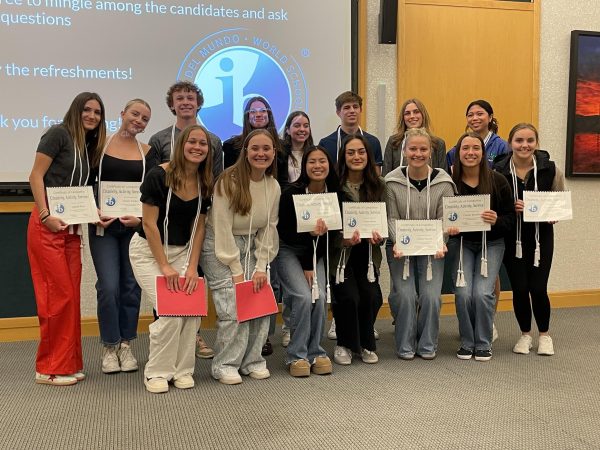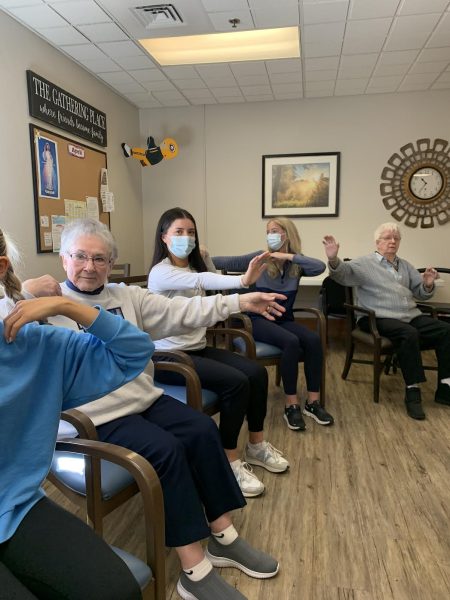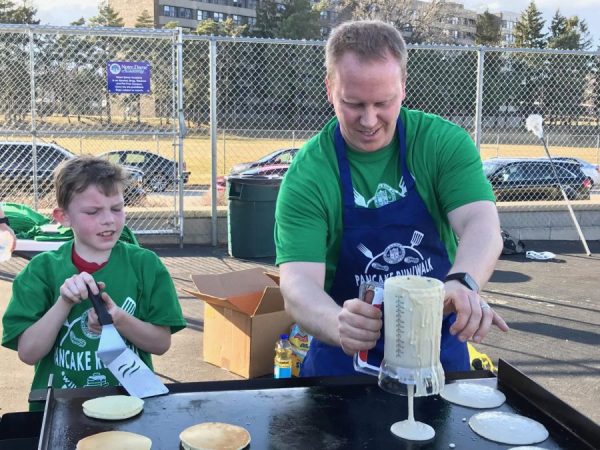Getting the Grade; Finals Tips for Frightened Freshmen
December 18, 2014
As final exams approach and the freshmen begin to freak, we can always rely on the advice of those older, and probably wiser, than us. Namely, the faculty and staff here at our very own Notre Dame Academy.
Final exams, the culmination of the entire semester into a 75 minute test or project (or in some classes, both!) It’s a time full of anxiety and coffee. It’s also a time when we need to step back, take a deep breath, and remember that we only need to study. Studying is key.
That, in itself, is simple enough. The “how” is the real toughie.
Active vs. Passive
“I think it’s important that students use active learning strategies,” explained Dr. John Ravizza, principal here at Notre Dame Academy. “That is, activities where you’re actively engaging in course content, such as making flashcards, rewriting notes, or highlighting notes and resources.”
Passive studying, according to Notre Dame Academy science teacher Mrs. Hearden, is reading your notes and your textbook. Active study techniques use a different part of your mind, which can help you retain information better.
Hearden recommends, “Anything that keep you actively engaged while studying, such as flashcards, making your own quiz, reworking problems, and writing practice essays.”
Budgeting Your Time
Waiting until the last minute to crack open your notes is a study technique frowned upon by teachers worldwide, and with finals, “winging it” simply won’t cover it.
“When preparing for exams, it is very important to plan out how much time you need to study for each exam and then create a calendar of when you will study for each exam,” Hearden emphasized.
“Set a study schedule; have a plan,” recommends school counselor Mrs. Jill Gerl. Budgeting your time and studying each class thoroughly is a sure key to success, she said.
Partner Up
“We are social beings, so we learn from others. If you have an opportunity to form a study group or work with a partner, I’d encourage [students] to do so,” encouraged Ravizza.
Although studying alone is extremely helpful, grabbing a friend and some coffee can help out, especially quizzing each other, according to Ravizza.
Pay Attention
A student’s final exam is typically a reflection of their class work. “A” students typically get A’s on their final, B students get B’s, C’s get C’s, and so on, according to Mrs. Brown, English teacher.
Hearden agreed, “The most important study tip is to pay attention and be engaged in class all semester long!”
Chances are, if you haven’t been focused in class, your final exam score will reflect that, according to Ravizza.
“Taking exams is a skill,” said Hearden. “Like any other skill (dribbling a basketball or playing scales on the piano), it takes practice. Try your best and each semester you will know more about how to prepare in a way that works for you. Most of the preparation happens throughout the semester, not at the end.”
Remember, as finals draw ever nearer, that it’s just a test, and follow Gerl’s words of wisdom: Stay focused, be confident, and pray!


